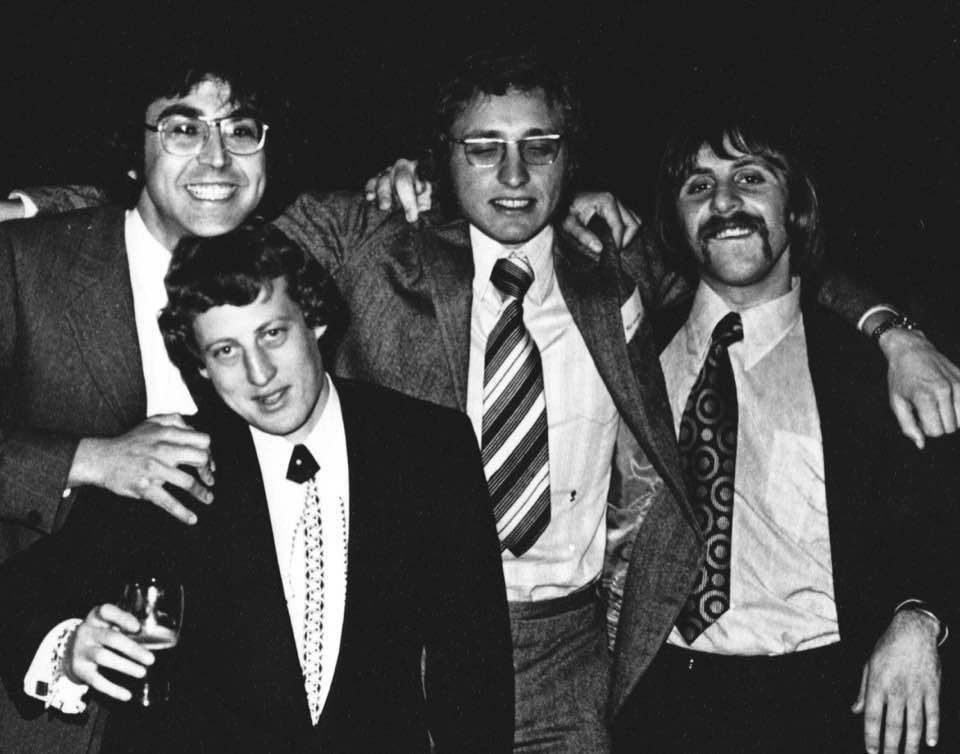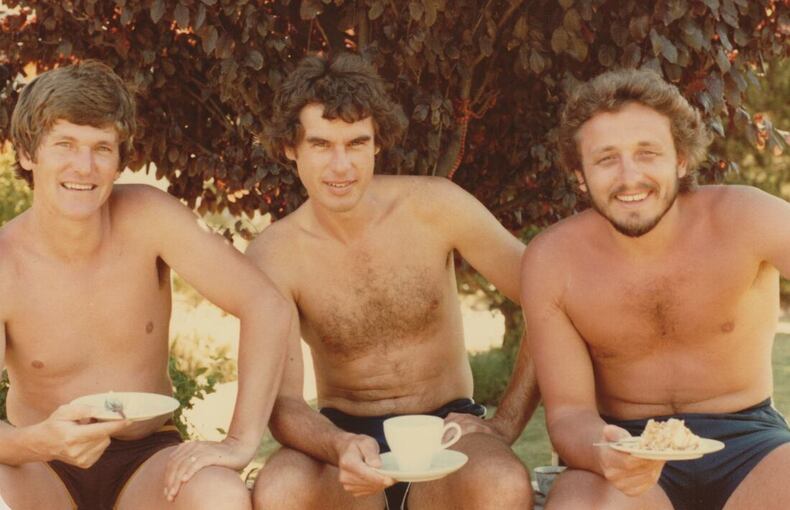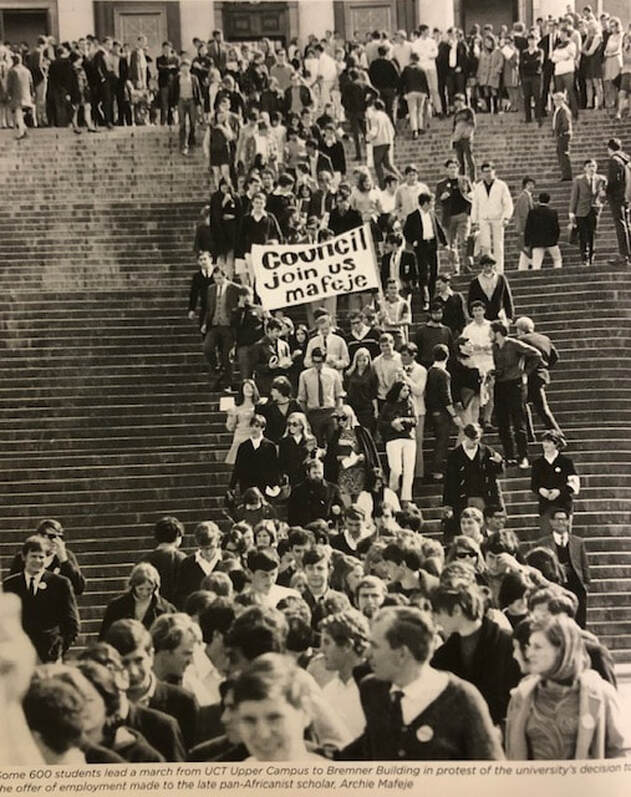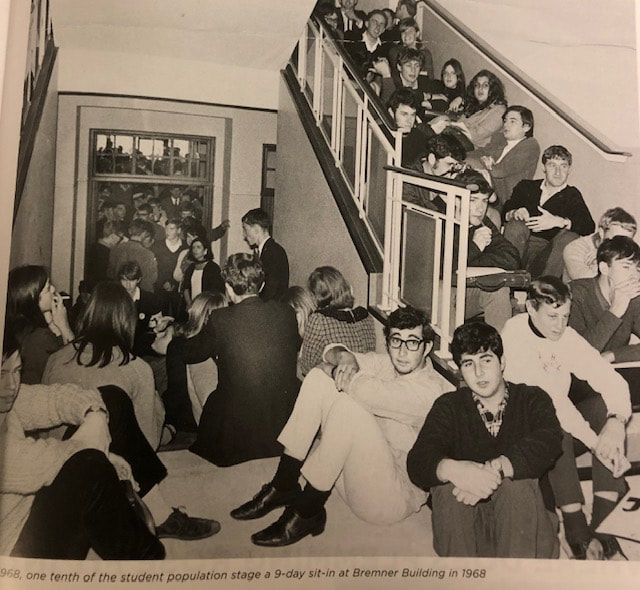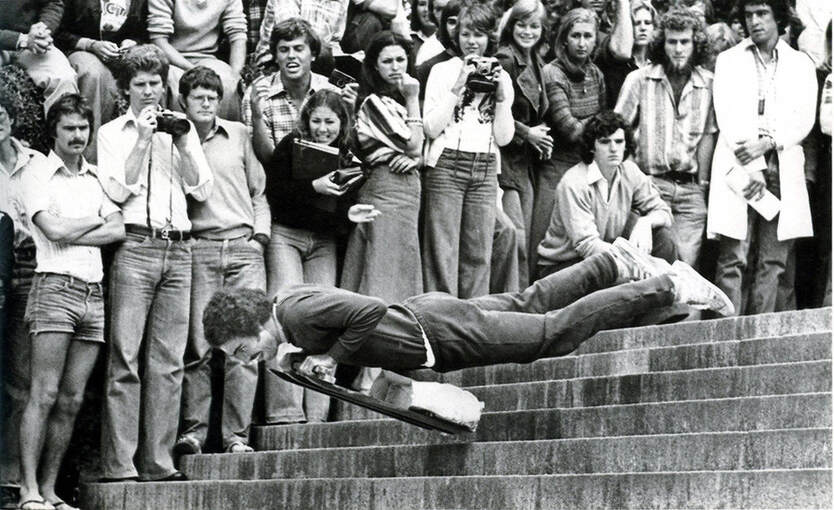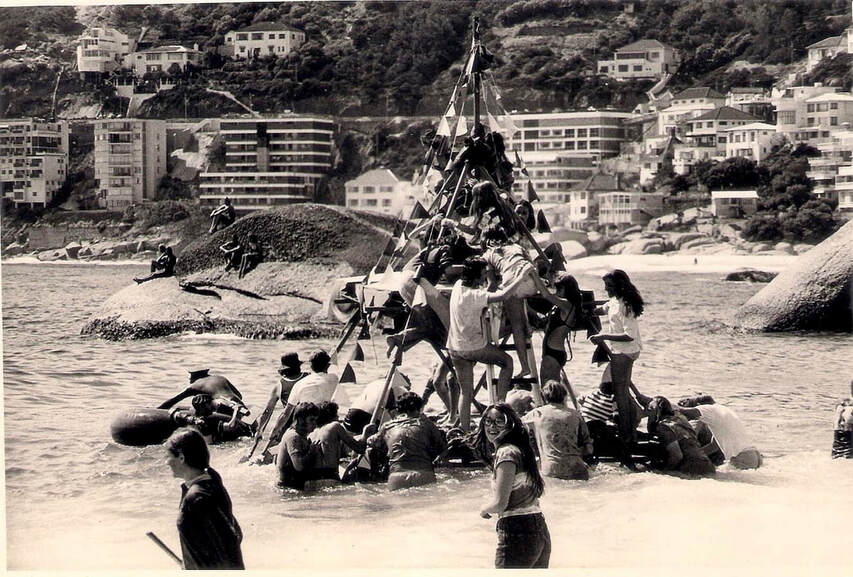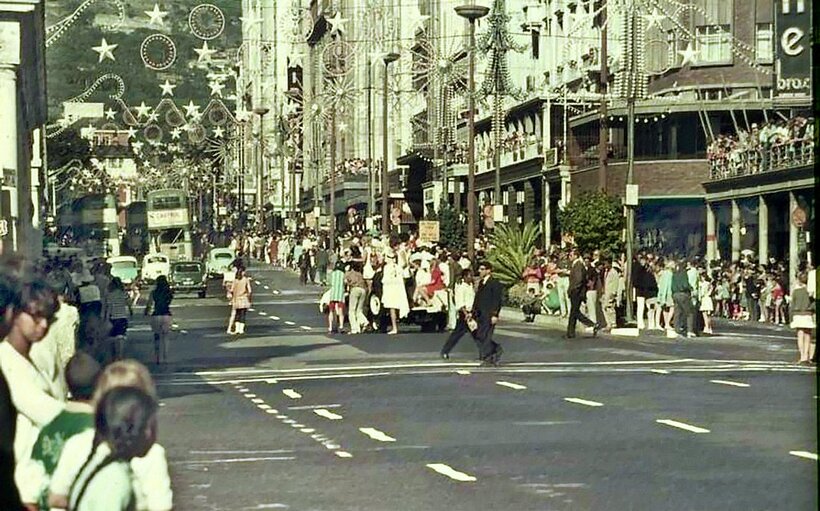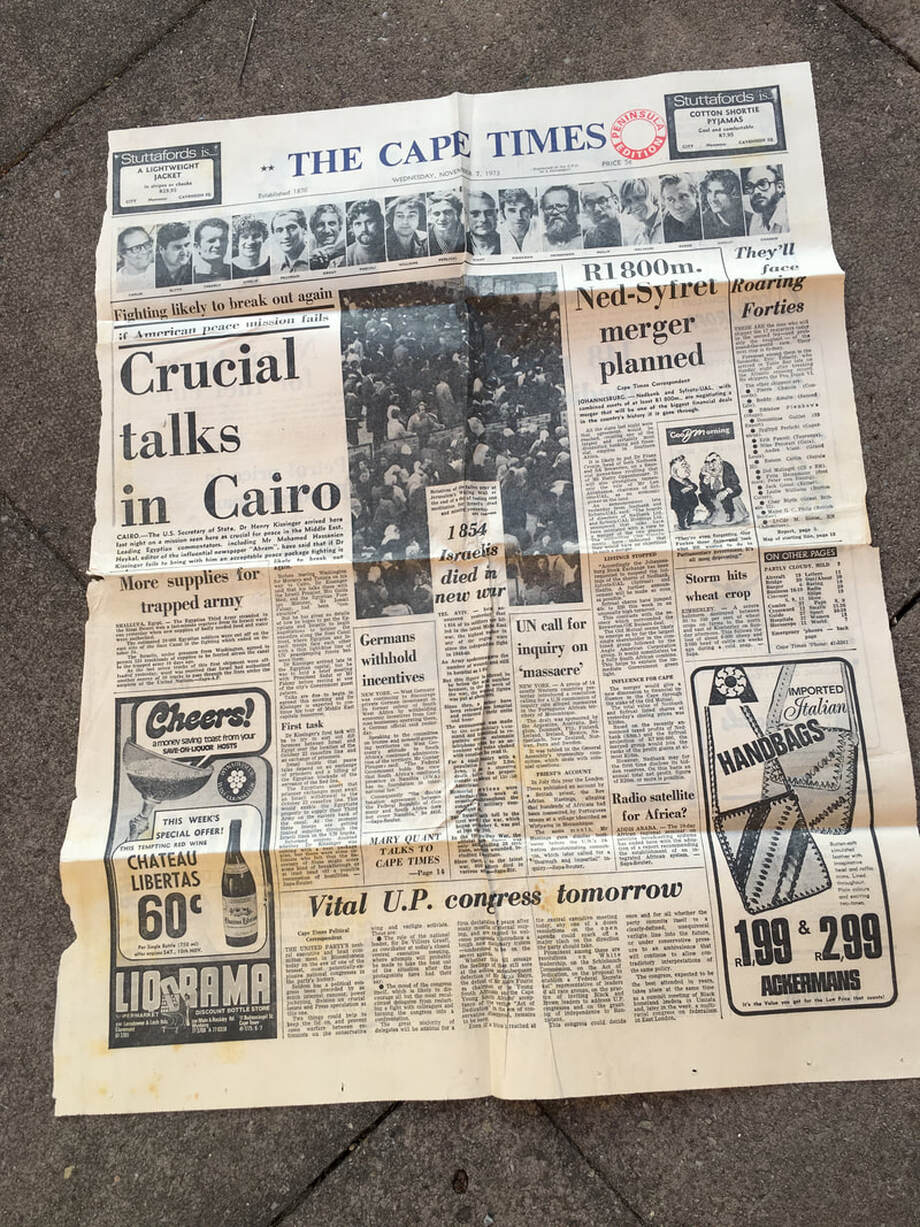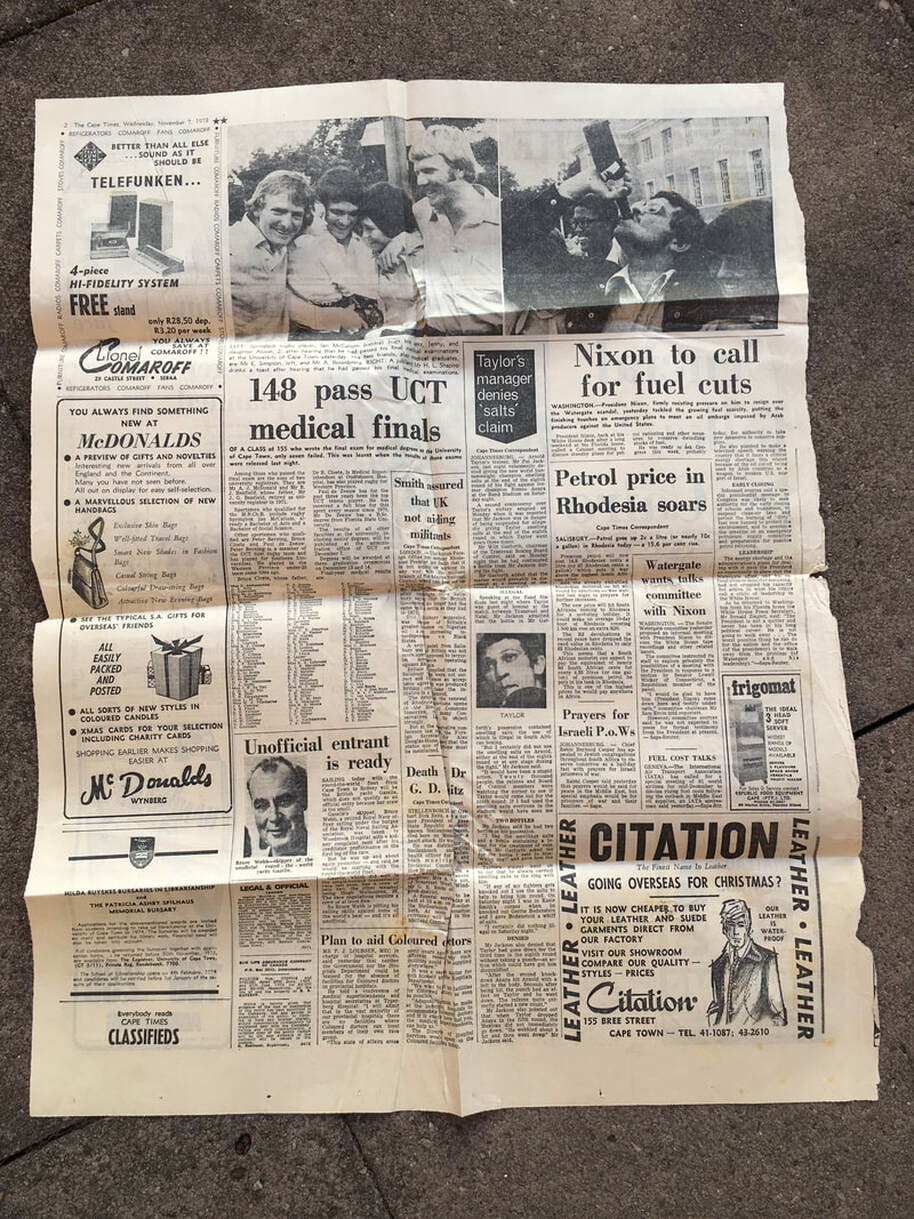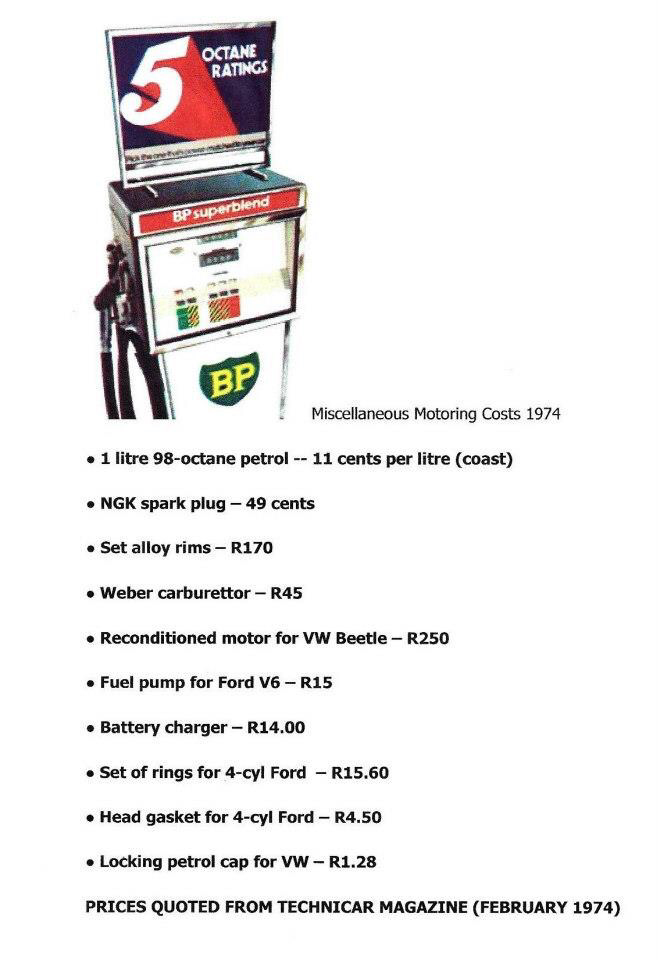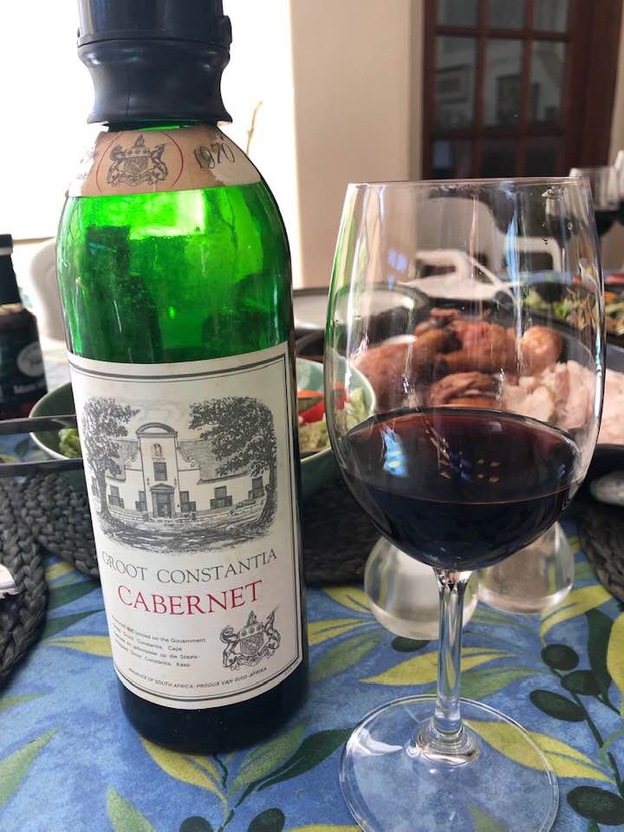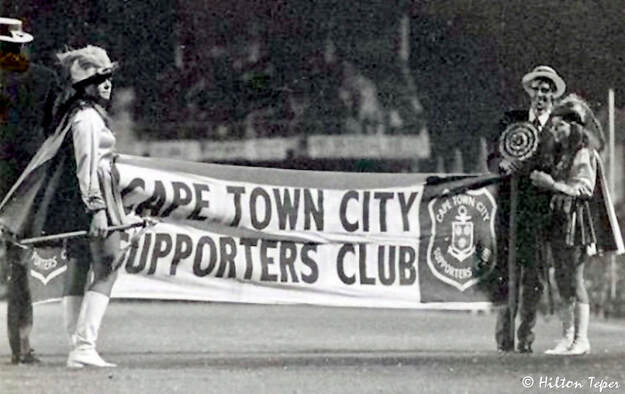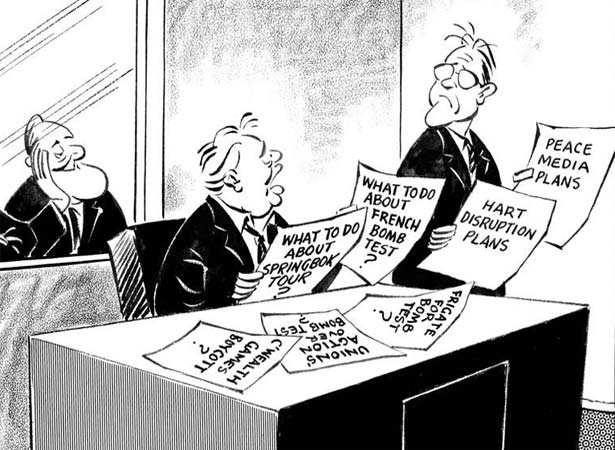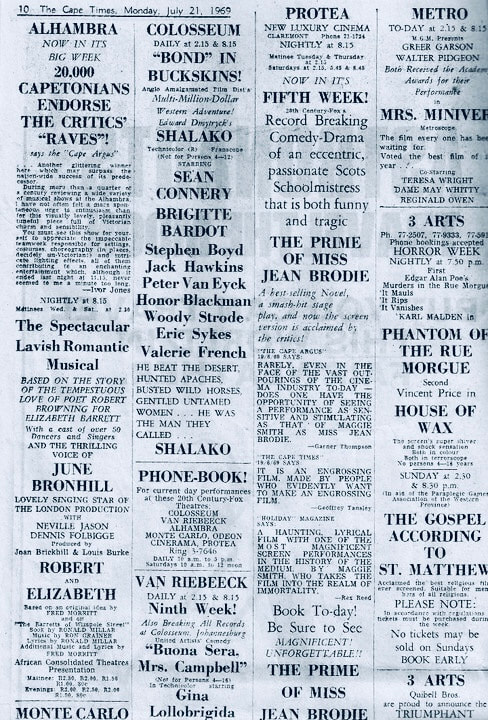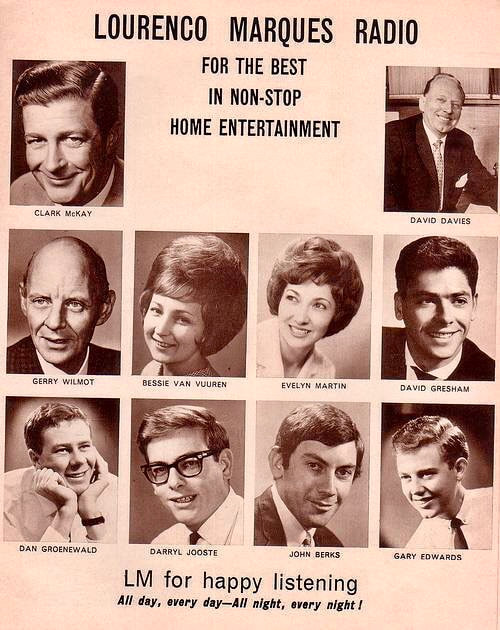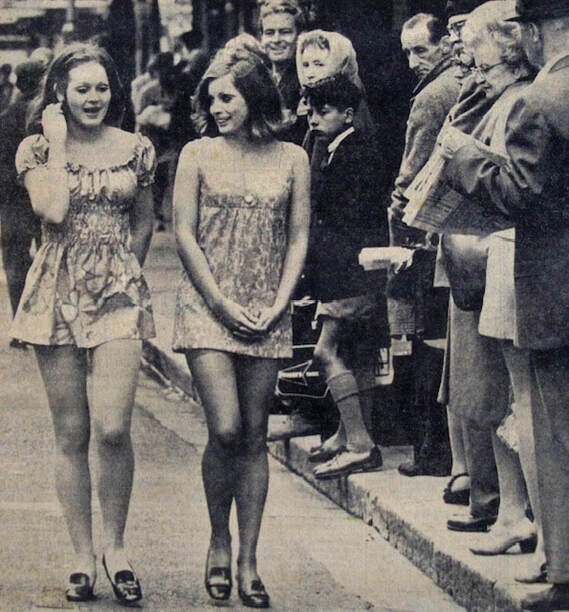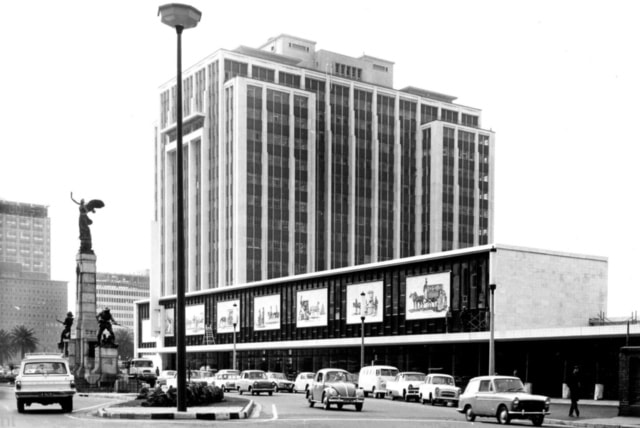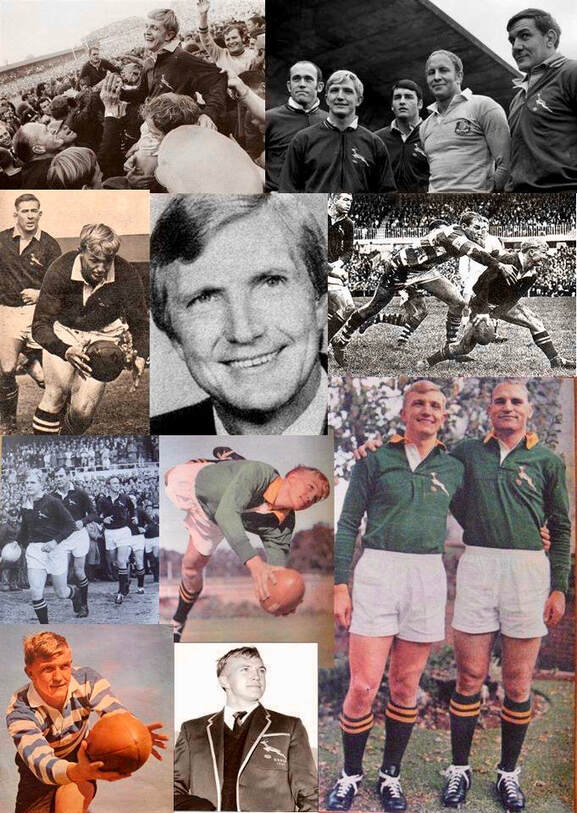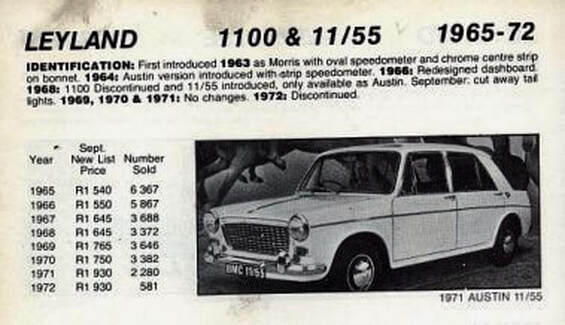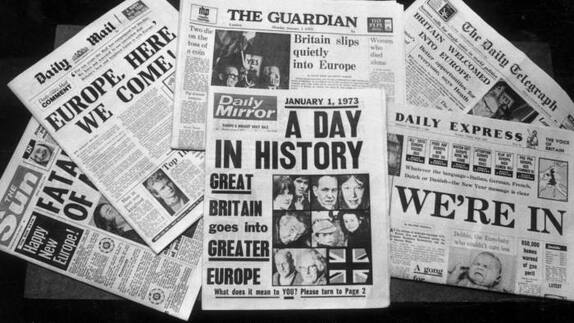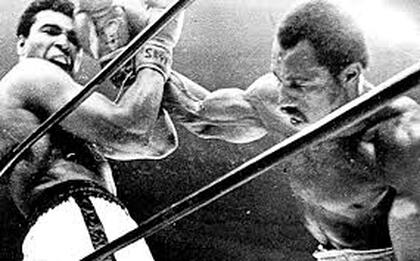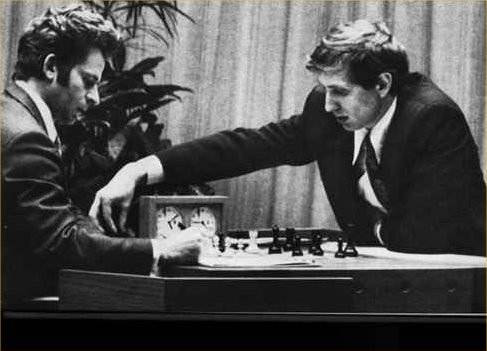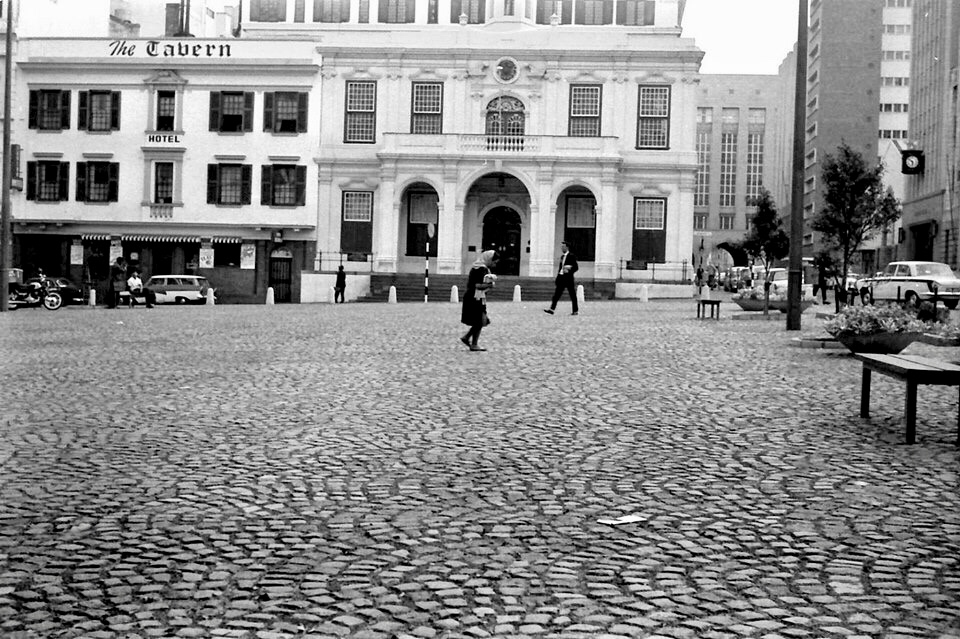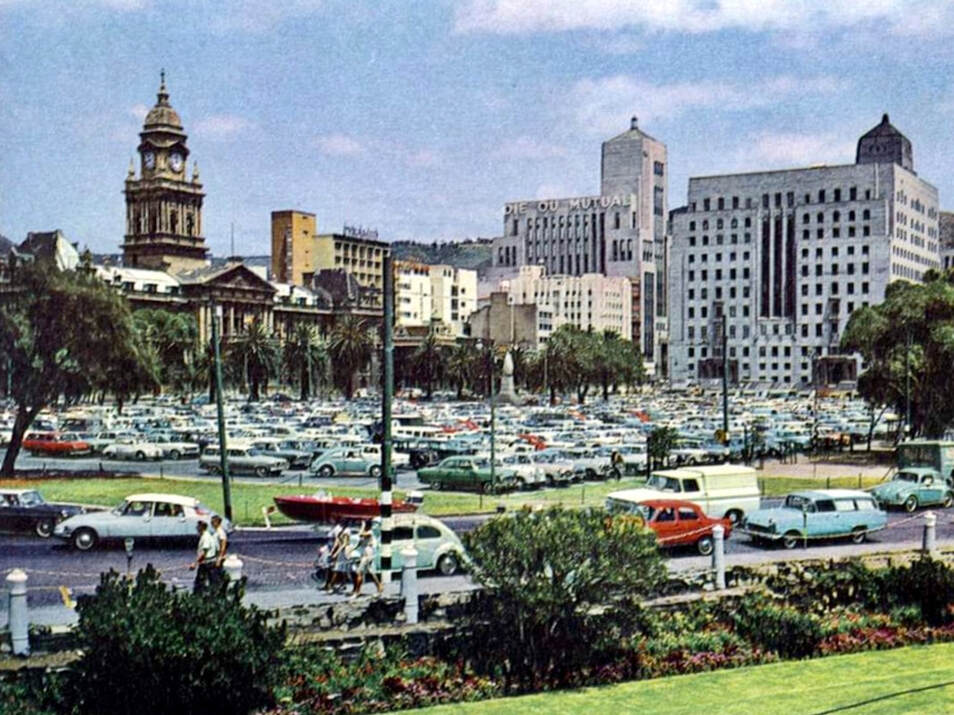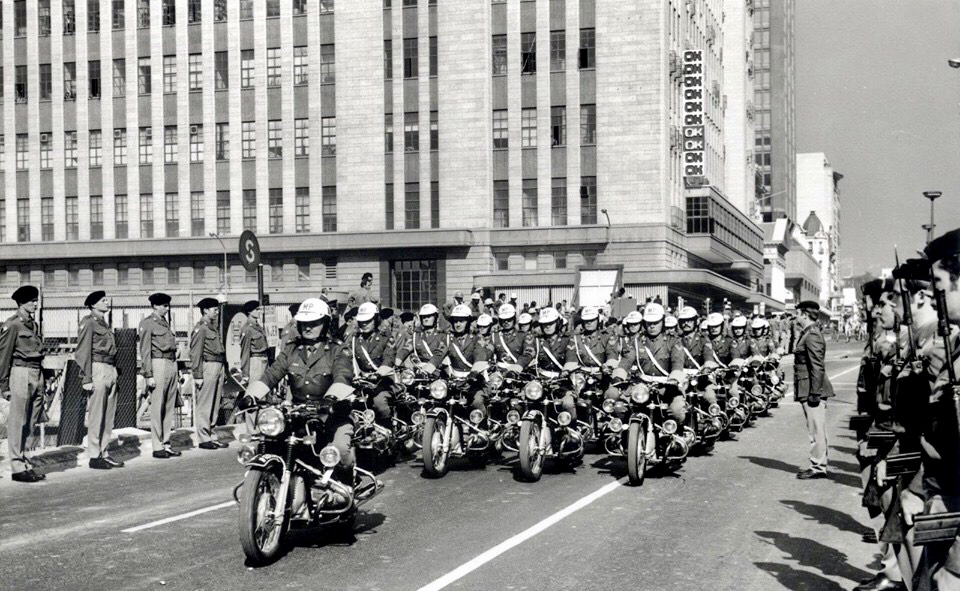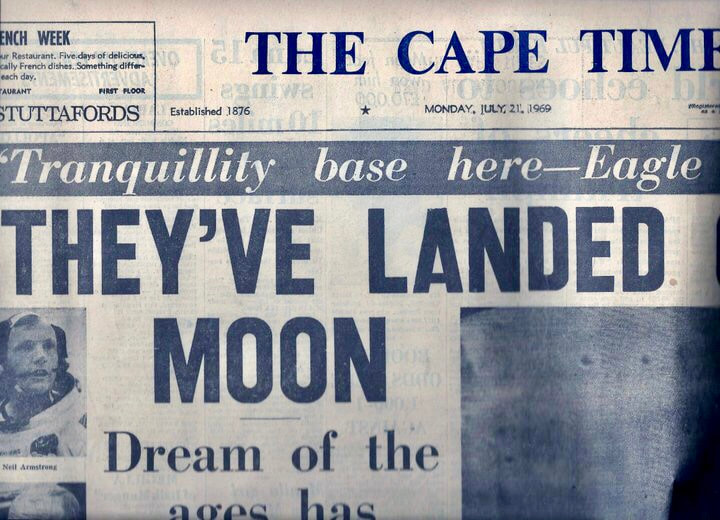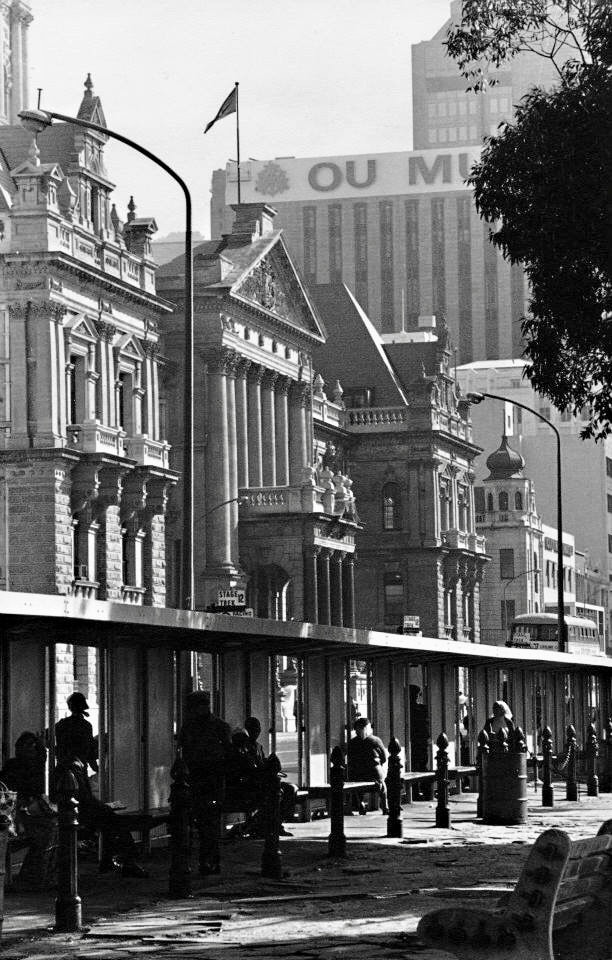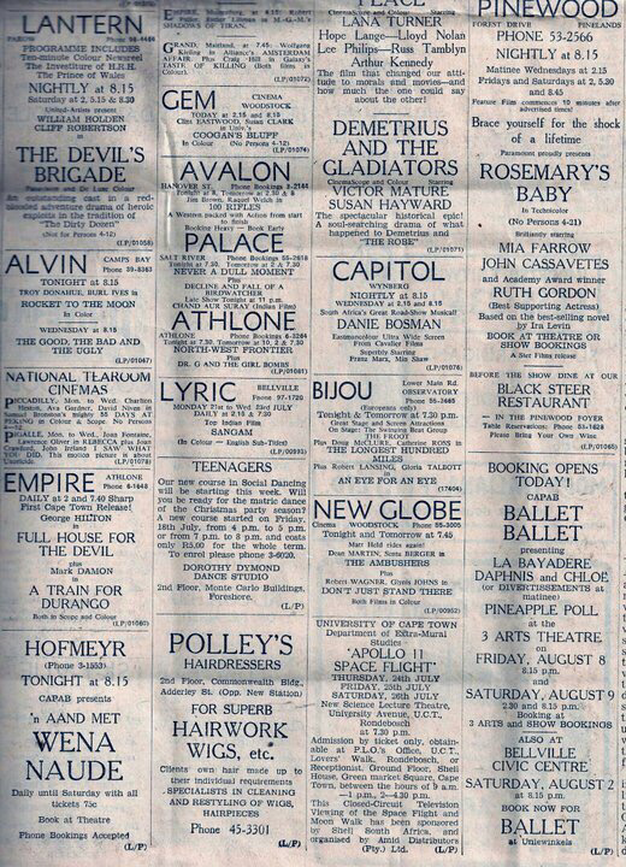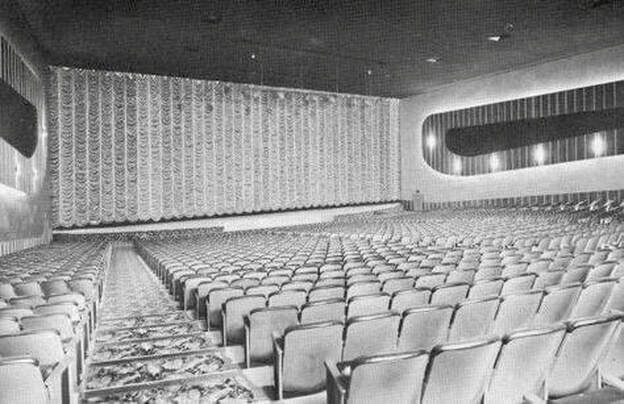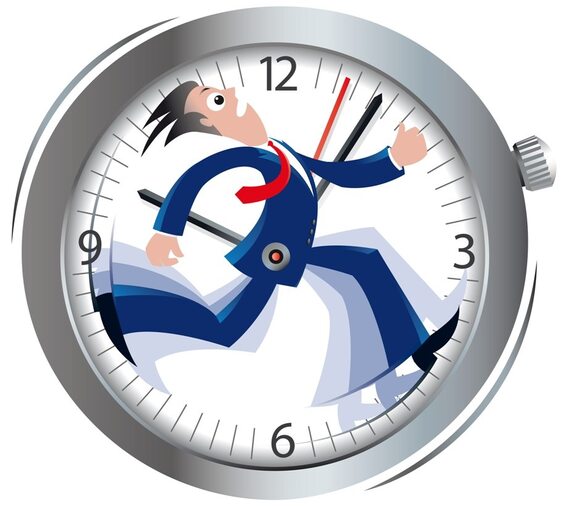1968 - 1974 MEMORABILIA
A PHOTOGRAPHIC JOURNEY BACK IN TIME
March 29, 1973 : Nixon's "Peace with Honor in Viet Nam" speech
November 1973 : Nixon's "I am not a crook" speech
October 1973 : The Yom Kippur War
Click to set custom HTML
1973 Secretariat winning the Belmont Stakes and the third leg of the Triple Crown in the USA
This song was released in 1973. As I get older I appreciate more the lyrics to the song "Time" by Pink Floyd. It has a message that I think our kids and grandkids should hear. It’s a life lesson especially for teenagers and people who are in a quarter-life crisis
Ticking away the moments that make up a dull day
Fritter and waste the hours in an offhand way.
Kicking around on a piece of ground in your home town
Waiting for someone or something to show you the way.
Tired of lying in the sunshine staying home to watch the rain.
You are young and life is long and there is time to kill today.
And then one day you find, ten years have got behind you.
No one told you when to run, you missed the starting gun.
So you run and you run to catch up with the sun but it's sinking
Racing around to come up behind you again.
The sun is the same in a relative way but you're older,
Shorter of breath and one day closer to death.
Every year is getting shorter, never seem to find the time.
Plans that either come to naught or half a page of scribbled lines
Hanging on in quiet desperation is the English way
The time is gone, the song is over,
Thought I'd something more to say......................
https://youtu.be/-EzURpTF5c8
Ticking away the moments that make up a dull day
Fritter and waste the hours in an offhand way.
Kicking around on a piece of ground in your home town
Waiting for someone or something to show you the way.
Tired of lying in the sunshine staying home to watch the rain.
You are young and life is long and there is time to kill today.
And then one day you find, ten years have got behind you.
No one told you when to run, you missed the starting gun.
So you run and you run to catch up with the sun but it's sinking
Racing around to come up behind you again.
The sun is the same in a relative way but you're older,
Shorter of breath and one day closer to death.
Every year is getting shorter, never seem to find the time.
Plans that either come to naught or half a page of scribbled lines
Hanging on in quiet desperation is the English way
The time is gone, the song is over,
Thought I'd something more to say......................
https://youtu.be/-EzURpTF5c8

